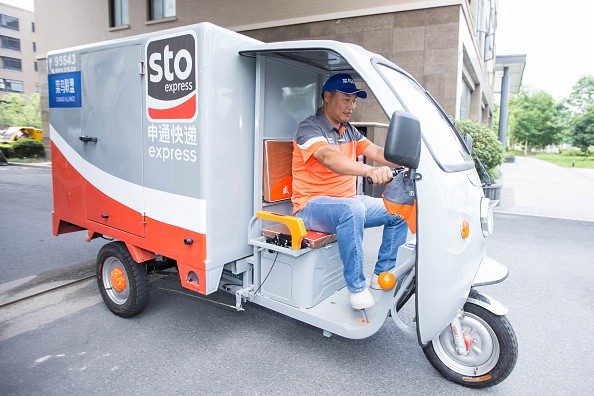Across China’s fast-developing cities and regions, hundreds of social and civic services provided by the government are now offered virtually and eliminating the need for paying in cash, according to a report by China Daily.
Leading the initiative to overhaul the national government’s civic service delivery is the capital city of Zhejiang Province, Hangzhou. The city is also where the headquarters of e-commerce giant Alibaba Group Holding Ltd. is located.
Labeled as the Internet Plus policy, the new service delivery will cover various aspects of government work, from traffic fines, marriage registration and remote diagnosis to utility bill and income tax payments, the report said.
More and more Chinese cities are embracing the power of data to transform how citizens transact with government. Shanghai and Nanjing are two of the cities that are using technology to ensure cashless civic transactions.
Eliminating bureaucracy, expediting services
For Chen Guangsheng, vice secretary-general of Hangzhou’s local government, the rationale behind implementing digital solutions is to make processes more convenient for citizens.
"This has become a reality thanks to the establishment of a virtual public payment platform, which effectively covers payments for the government's over 200 services. Residents can transact via the unified online portal," Chen said.
Since officially launching three years ago, Zhejiang’s virtual government services have addressed 15 million transactions that now amount to approximately 450 million yuan. If such rate of progress continues, Chen sees a big opportunity to expand into property transaction fees and health insurance.
For entrepreneurs and self-employed, finding social security fund payments via a mobile app called Alipay is convenient and saves a lot of time. This is in contrast with the previous experience of spending days to go through the paperwork.
In addition, mobile transactions can easily produce a digital invoice with a QR code that can be utilized to acquire a hard copy.



























